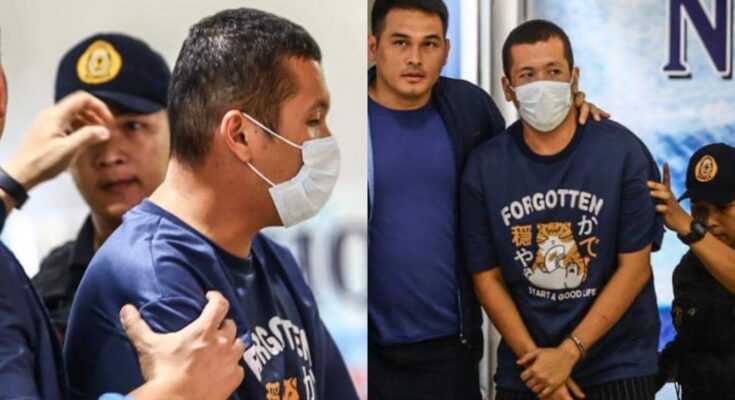THE road rage killing in Makati City early this week underscored the urgency of enacting pending measures in Congress penalizing aggressive, hostile and violent behavior of motorists on the road.
Road rage incidents that result in serious injuries or even death of a person will likely be prevented if motorists are aware that a hostile act of cursing, use of foul language or even moderate screaming can land them in jail, San Jose del Monte City Rep. Florida Robes said in a news release.
She said the passage of House Bill (HB) No. 1511, or the Anti-Road Rage Act, would prevent similar “utterly senseless” deaths like that of 65-year-old family driver Aniceto Mateo, who was shot dead by businessman Gerrard Raymund Uy in a clear road rage incident at the Edsa-Ayala Avenue tunnel on May 28.
Robes noted that statistics from the Metropolitan Development Authority showed that a significant number of the 90,258 crashes in 2014 were triggered by road rage.
“In the Philippines, road rage cases are on the rise. Recent road rage statistics showed that eight out of 10 drivers admit to exhibiting aggressive behavior at least once a year, while nine out of ten drivers think of aggressive driving as a threat to their personal safety,” Robes said.
HB 1511 defines road rage as “any aggressive, hostile or violent behavior in traffic or on the road by a motorist which may include mild to moderate screaming, wild gesturing at others, cursing or using bad language, physical attack at another or an attempt thereof, reckless driving, any kinds of threat or intimidation, any use of force against another person and other analogous circumstances.”
The measure seeks to penalize acts of road rage with a prison term of up to six years and a fine of not less than P250,000.
It also seeks the suspension of the involved motorist’s driver’s license for five years.
“This bill will grant a road rage complainant to initiate a separate action for damages or other affirmative relief he or she may intend to pursue. Road rage will be also be considered an aggravating circumstance if a more serious crime is committed by the offending party,” Robes, the bill’s author, said.
“Being under the influence of alcohol, illegal drug or any other mind-altering substance are not considered a defense under the legislative proposal,” she added. (PNA)





